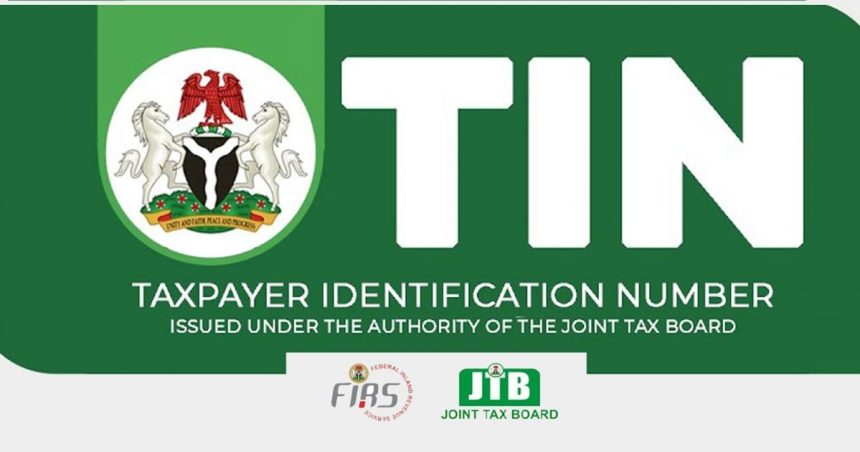A new bill has been proposed in Nigeria that would require individuals involved in banking, insurance, stockbroking, or other financial services to provide a Tax Identification Number (TIN) before opening a new account or operating an existing one.
The legislation, titled “A Bill for an Act to Provide for the Assessment, Collection of, and Accounting for Revenue Accruing to the Federation, Federal, States, and Local Governments; Prescribe the Powers and Functions of Tax Authorities, and for Related Matters,” aims to enhance tax compliance and improve the country’s revenue collection process.
Dated October 4, 2024, and obtained from the National Assembly, the bill stipulates that financial service providers must ensure clients furnish a TIN as a prerequisite for accessing their services. This move is part of broader efforts to ensure that all individuals and entities participating in financial activities are properly registered for tax purposes.

The bill also requires any non-resident person supplying taxable goods or services to individuals in Nigeria or deriving income from the country to register for tax purposes and obtain a TIN. However, non-resident individuals who earn only passive income from investments in Nigeria are exempt from this requirement but must provide relevant information as prescribed by the tax authority.
Additionally, the proposed legislation empowers tax authorities to automatically register and issue a TIN to individuals who fail to apply for one when required. In such instances, the tax authority must promptly notify the individual about their registration and the issuance of the TIN.
Non-compliance with these requirements may result in administrative penalties. A taxable person who fails to register for tax will face a penalty of ₦50,000 for the first month of non-compliance and ₦25,000 for each subsequent month.
The introduction of this bill aligns with ongoing efforts by the Nigerian government to bolster tax compliance and increase revenue generation. It follows recent tax reform initiatives, including submissions of tax bills to the National Assembly by President Bola Tinubu.



